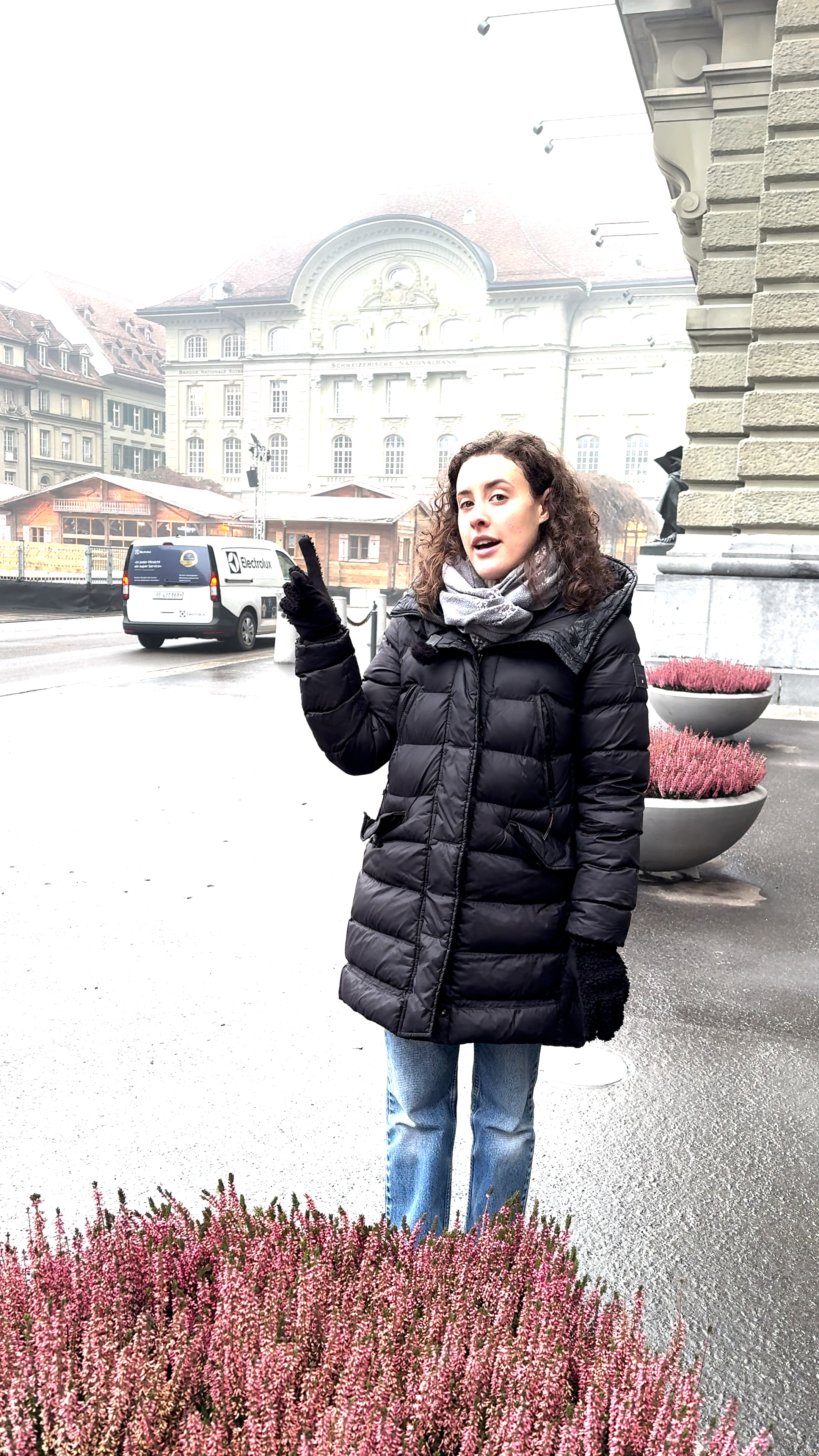
Swiss army plans to buy German howitzers

The Swiss army wants to purchase new German armoured howitzers to replace its existing artillery system which has been in operation for over 50 years.
+ Get the most important news from Switzerland in your inbox
Parliament must still approve the proposal to purchase Piranha IV vehicles fitted with 155mm artillery gun modules from KNDS Deutschland.
The Swiss army’s M109 self-propelled howitzers, which have been in service for over fifty years, are soon to be replaced. On Tuesday, the Federal Office for Defence Procurement (Armasuisse) announced its proposal to purchase a new “AGM Artillery Gun Module” system one year earlier than initially planned.
Parliament will have the final say. It is not yet clear how much the new system will cost.
+ Parliament approves an extra CHF4 billion for the Swiss army
According to Armasuisse, other contributions for future purchases by the army are being prepared. In addition to the Piranha IV vehicles, the project includes training and simulation systems and an initial stockpile of ammunition.
Two manufacturers were in the running until the final decision: KNDS Deutschland GmbH & Co. KG, the Swedish company BAE Systems Bofors AB. After a detailed evaluation of the trials, clarifications and offers, the German system was chosen, Armasuisse said. This system had convinced with “the most favourable offer”.
+ Swiss army suspends CHF320m project for airspace surveillance
The new artillery system is intended for indirect fire support at medium range with precision and mobility. According to Armasuisse, only suitable systems based on a wheeled vehicle were considered. The 25-tonne Piranha IV armoured vehicle can avoid obstacles and mines.
The self-propelled howitzers currently in service will reach the end of their life at the beginning of the 2030s. They were procured in several lots from 1968 onwards and have formed the backbone of the Swiss army’s motorised artillery ever since. Over the years, the system has been adapted several times for use.
Translated from German with DeepL/sb
This news story has been written and carefully fact-checked by an external editorial team. At SWI swissinfo.ch we select the most relevant news for an international audience and use automatic translation tools such as DeepL to translate it into English. Providing you with automatically translated news gives us the time to write more in-depth articles.
If you want to know more about how we work, have a look here, if you want to learn more about how we use technology, click here, and if you have feedback on this news story please write to english@swissinfo.ch.

In compliance with the JTI standards
More: SWI swissinfo.ch certified by the Journalism Trust Initiative






























You can find an overview of ongoing debates with our journalists here . Please join us!
If you want to start a conversation about a topic raised in this article or want to report factual errors, email us at english@swissinfo.ch.